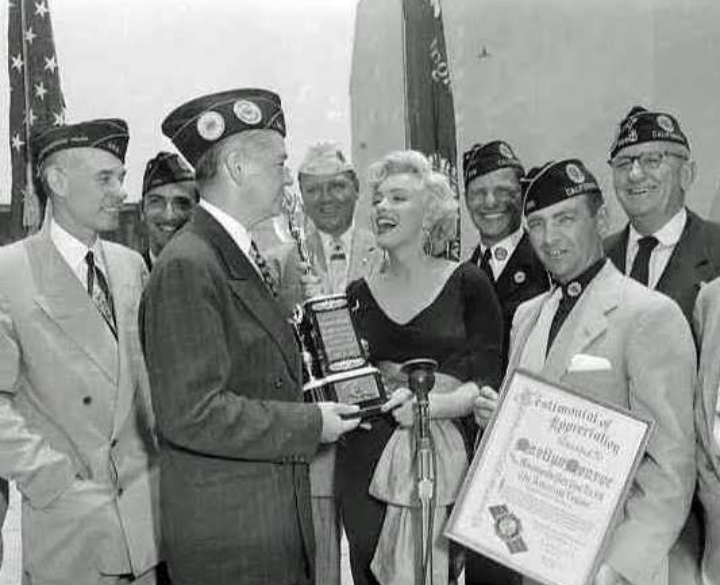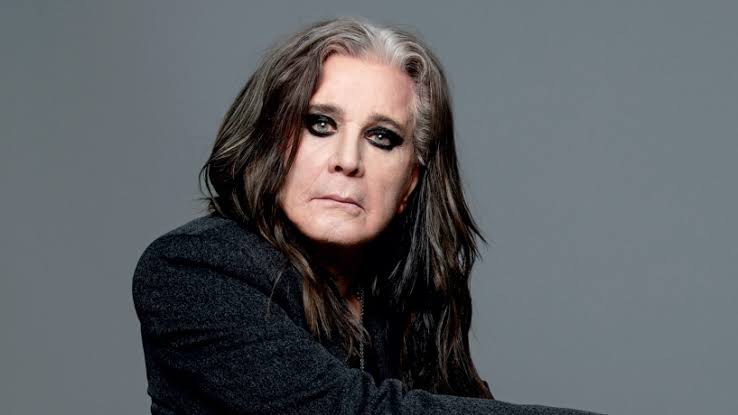Marilyn Monroe: Awards and Nominations….
Marilyn Monroe remains one of the most iconic figures in Hollywood history, remembered not only for her beauty but also for her talent and impact on popular culture. Her on-screen charisma and vulnerability made her one of the biggest stars of her time, earning her critical acclaim and recognition, even though her career was tragically cut short. Despite the challenges she faced personally and professionally, Monroe’s work continues to be celebrated, and her influence endures.
In this article, we delve into Marilyn Monroe’s awards and nominations, highlighting the key honors she received during her career and examining the legacy she left behind.
Early Career Recognition
Marilyn Monroe’s rise to stardom began in the late 1940s and early 1950s, with small roles in films like The Asphalt Jungle (1950) and All About Eve (1950). Though her parts were minor, her magnetic screen presence caught the attention of audiences and critics alike. These performances set the stage for Monroe to become a leading lady in Hollywood, but awards recognition would take a few more years.
Golden Globe Recognition
One of Monroe’s most notable achievements was her recognition by the Hollywood Foreign Press Association (HFPA). She received multiple Golden Globe nominations during her career and won one of the most significant honors in the entertainment industry.
In 1954, Monroe was honored with the Henrietta Award for World Film Favorite – Female. This award was given annually to the most popular film stars as voted by the public. Monroe’s immense popularity with audiences worldwide cemented her place as a Hollywood legend.
Her most prominent Golden Globe win came in 1960 when she received the award for Best Actress in a Motion Picture – Musical or Comedy for her performance in Some Like It Hot (1959). Directed by Billy Wilder, the film remains one of Monroe’s most celebrated works. Her portrayal of the lovable and vulnerable singer Sugar Kane showcased her comedic timing and dramatic depth, earning her widespread acclaim. Monroe’s win for Some Like It Hot was a testament to her ability to shine in a role that combined humor, charm, and emotional nuance.
Other Nominations and Honors
Though the Golden Globes were the primary platform that recognized Monroe’s talent during her lifetime, she also received other nominations and accolades for her work. For instance, her role in Bus Stop (1956) was a turning point in her career, demonstrating her growth as an actress. Monroe played Cherie, a small-town singer with dreams of stardom, and her performance was praised for its depth and authenticity. While she did not win any major awards for this role, it marked her first step toward being taken seriously as an actress.
In 1958, Monroe starred in The Prince and the Showgirl alongside Laurence Olivier. Her performance earned her a nomination for the British Academy of Film and Television Arts (BAFTA) award for Best Foreign Actress. Although she did not win, the nomination was significant as it recognized her growing reputation internationally.
Posthumous Recognition
After Monroe’s untimely death in 1962, her contributions to cinema were increasingly appreciated. Her performances were reevaluated, and she was celebrated for her ability to combine vulnerability, strength, and humor in a way that few actresses could replicate.
Over the years, Monroe has been honored with numerous posthumous tributes and awards. The American Film Institute (AFI) ranked her as the sixth greatest female screen legend in its list of the 100 Years… 100 Stars in 1999. This recognition placed her among the most esteemed actresses in film history, highlighting her lasting influence on Hollywood.
Additionally, Monroe’s films continue to be celebrated in retrospectives and special screenings worldwide. Her work in Some Like It Hot, in particular, has consistently been ranked among the greatest comedic performances of all time. The film itself has appeared on various “greatest films” lists, solidifying Monroe’s legacy as a comedic genius.
Legacy of an Icon
While Marilyn Monroe may not have amassed a vast collection of awards during her career, her impact on Hollywood and popular culture far surpasses the accolades she received. The relatively limited recognition she garnered during her lifetime can be attributed in part to the era’s biases against women in entertainment and the perception of Monroe as merely a “sex symbol.” However, her talent, hard work, and ability to captivate audiences proved she was far more than the sum of her image.
In the decades since her death, Monroe has become a symbol of resilience, vulnerability, and artistic brilliance. She continues to inspire generations of performers, and her image remains one of the most recognizable in the world. Today, Monroe is celebrated not just as a film star but as a cultural icon whose influence extends beyond the screen.
A Reflection on Marilyn Monroe’s Awards Journey
Marilyn Monroe’s awards and nominations represent a fraction of her contributions to film and culture. While she received prestigious honors such as the Golden Globe for Some Like It Hot and the Henrietta Award, the true measure of her success lies in her enduring legacy. Monroe’s life was marked by triumphs and tragedies, but her artistry has stood the test of time.
The relative scarcity of formal recognition during her career highlights the challenges faced by actresses in Hollywood, particularly those who, like Monroe, sought to break free from typecasting. Despite these obstacles, Monroe’s performances in films like Gentlemen Prefer Blondes (1953), The Seven Year Itch (1955), and Some Like It Hot remain benchmarks of excellence in cinema.
As we look back on Marilyn Monroe’s career, it is clear that her true award was the love and admiration of her fans, which continues to grow decades after her passing. Her story serves as a reminder that while awards are important, the most significant achievements in art often transcend trophies and titles.
In the end, Marilyn Monroe’s greatest honor is the timeless impact she has had on film, culture, and the hearts of audiences worldwide.


